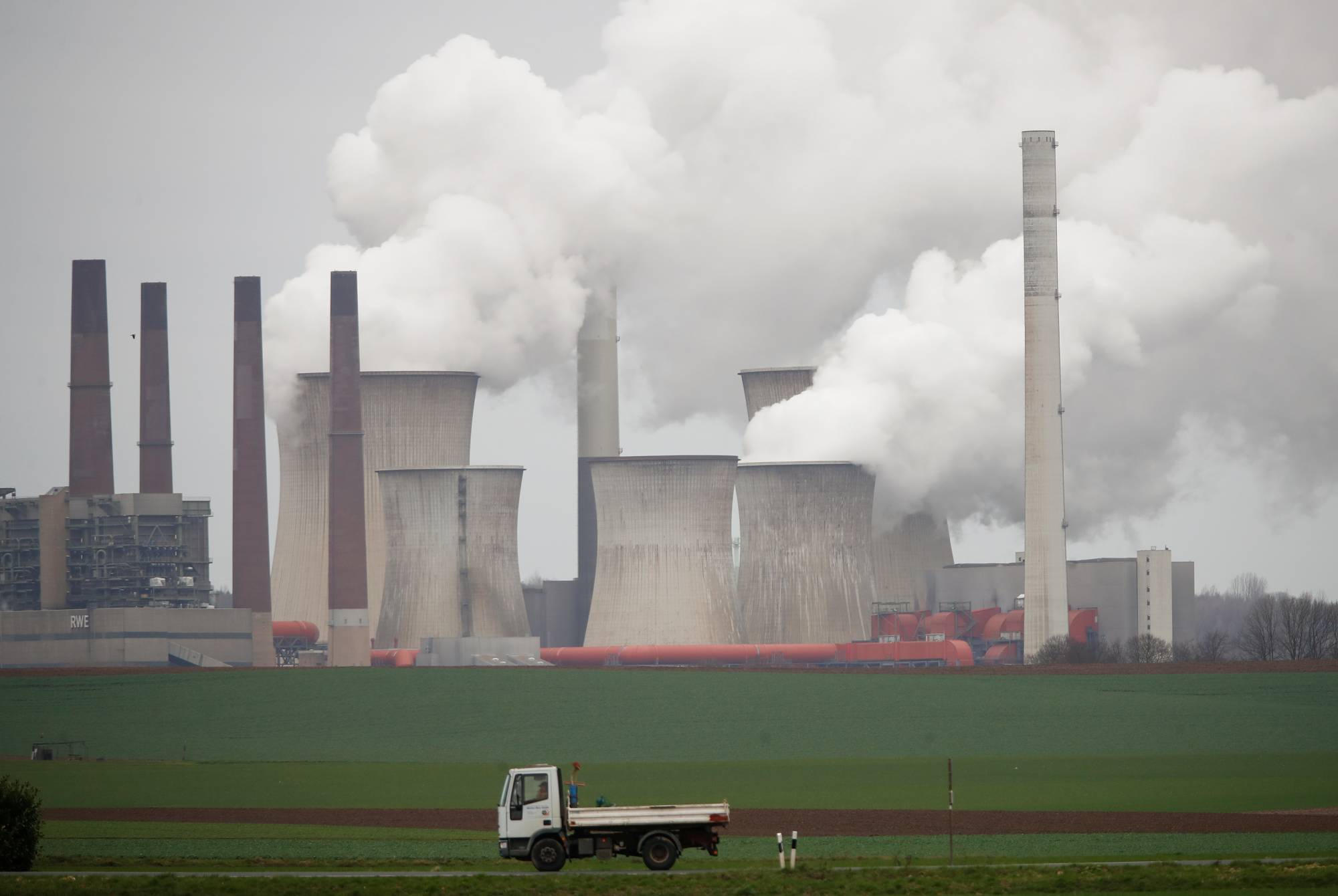Now that the falsehoods and obfuscation of climate denialism have finally been silenced, addressing climate change has become the world’s top priority.
But time is running out and the International Monetary Fund warns that any further delays on implementing policies to mitigate global warming will only add to the economic cost of the transition to a low-emissions economy. Worse, we still lack a concrete, pragmatic strategy for tackling the problem. Although economists have made a robust case for why carbon taxes are the best solution, this option has proven politically infeasible, at least in those countries that account for some of the highest emissions (namely, the United States).
Commentators have also stressed that climate change is a shared problem involving important cross-border externalities that must be addressed through a multilateral approach to global coordination. But, as with carbon taxes, this argument has fallen on deaf ears. And, given the current geopolitical climate and the increasing fragmentation of the global economy, there is little hope that the message will get through anytime soon.



